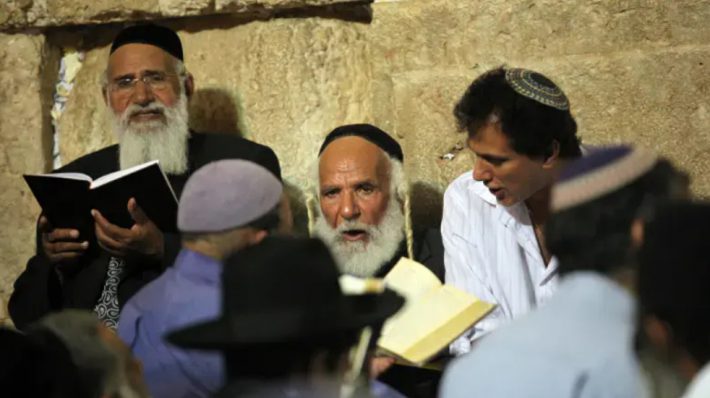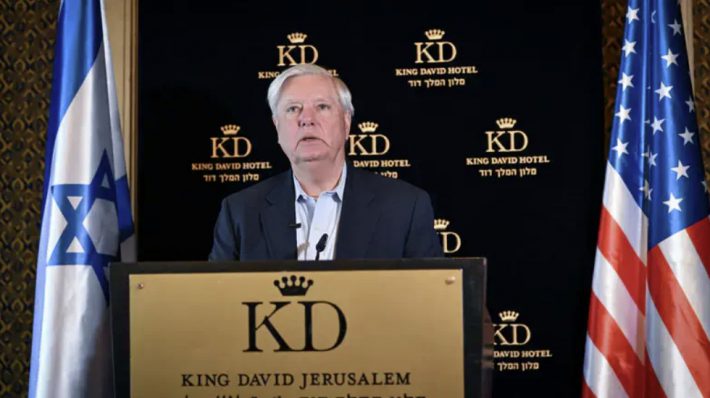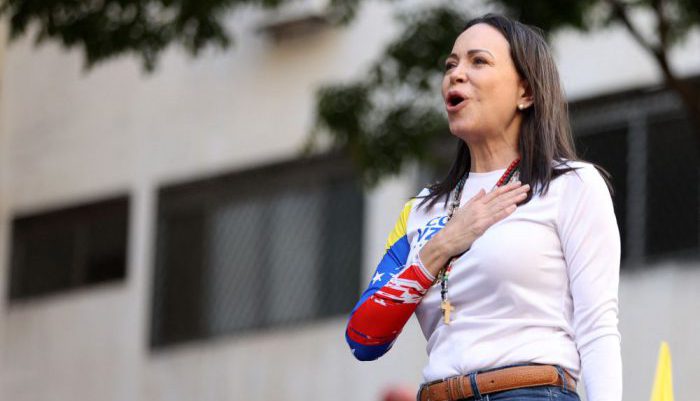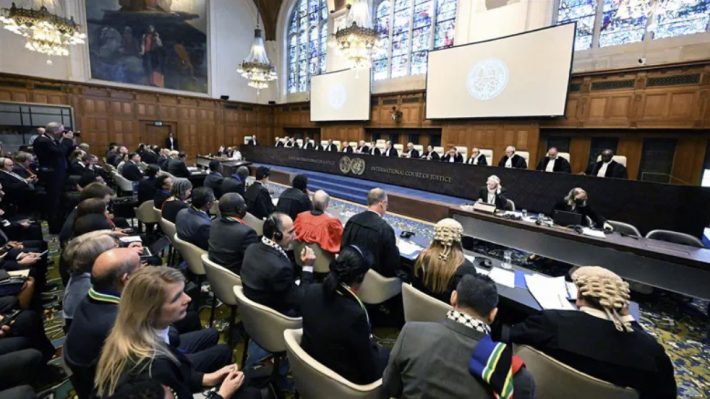In a year soaked with grief since October 7, every funeral, siren, and empty Shabbat chair has become its own lamentation—making this Tisha B’Av an unbroken continuation of our daily mourning.
I don’t know if I’ll be reading Kinot this year.
Not because I doubt the importance of mourning the destruction of the Beit HaMikdash—but because I’m already living it. Every. Single. Day.
The sages wrote Kinot to awaken a heart grown numb, to remind us of loss that feels distant. But my heart isn’t numb.
It’s raw.
It’s torn.
It’s bleeding.
I recite Kinot with every headline. With every funeral. With every name announced of a soldier who will never come home.
Since October 7, 2023, we’ve been walking through a national nightmare unlike anything in modern Jewish memory:
- Thousands of rockets.
- Hundreds of hostages.
- Massacres that will haunt us for generations.
- War—an existential war—on multiple fronts.
I don’t need to imagine the destruction of ancient Jerusalem to know what exile feels like.
I feel it standing at a fresh grave on Har Herzl.
I feel it hugging a friend goodbye as he returns to the front line, not knowing if I’ll see him again.
I feel it explaining to my children why their dreams are filled with sirens.
Every day in Israel is a Kinah.
Every funeral is a verse.
Every mother’s scream is a stanza.
The sages tell us the Beit HaMikdash’s destruction is not just an event in history—it’s a spiritual wound still open in the world. We see that wound bleeding before our eyes.
And here’s the truth:
This is all because we still don’t have the Beit HaMikdash.
Because the Shechinah—the Divine Presence—is still in exile.
Because Am Yisrael is still not whole.
Since 1948, and especially in these past two years, Israel has buried more Jews than we can count. These aren’t only personal tragedies—they are symptoms of a world still shattered, unredeemed, and crying for the day of Geulah.
So no, maybe I won’t sit with the book of Kinot this year.
Because I’m already reciting them—with my eyes, with my tears, with my feet planted on this holy, blood‑soaked soil.
But I will do this:
I will cry out to HaKadosh Baruch Hu—not only for what we’ve lost, but for what we have yet to see.
I will pray not for a return to the past, but for the future—
A future where there is no more exile.
No more terror.
No more graves.
Only the sound of joy and laughter returning to the streets of Jerusalem.
May it be soon.
May it be today.





